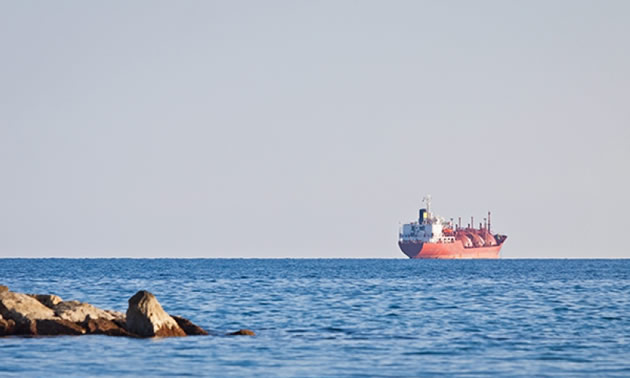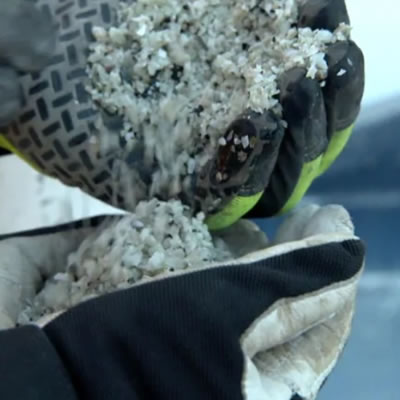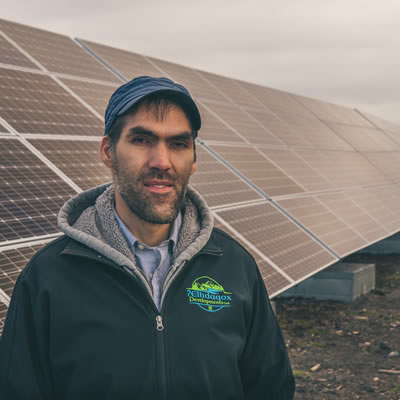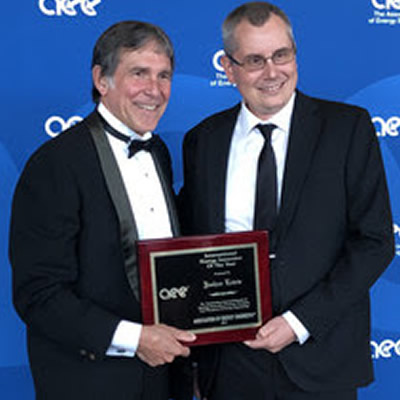Clear Seas launches web page to provide the facts and facilitate dialogue on Canada’s LNG industry

Clear Seas is a not-for-profit independent research centre that provides impartial information on marine shipping in Canada to policy makers and the public. — Photo courtesy Clear Sea
In the contentious and often polarized debate around energy issues, Canadians now have a new online tool to get the facts about liquefied natural gas (LNG), a fuel that is set to become the second leading energy source worldwide by 2040.
Clear Seas Centre for Responsible Marine Shipping, known for its production of impartial fact-based research, has launched a new key issues page on LNG & Marine Shipping to provide Canadians with impartial information around this multi-billion-dollar industry. The key issues page – the seventh in a series of marine policy matters – pulls together the latest research to highlight the impact LNG has on Canadians as well as on the national and global marine shipping industry.
LNG: THE KEY FACTS JUST ONE CLICK AWAY
As Peter Ellis, Clear Seas' Executive Director, explains, the site will be a timely addition to the public policy discussion around energy and outlines a number of central issues relating to LNG as a cargo and a cleaner fuel source for the commercial marine shipping industry. "It also reviews the benefits and risks of LNG use and carriage and what's being done to reduce those risks," says Ellis. "And it reviews the current and future role of natural gas and LNG in the Canadian economy."
Clear Seas' presentation of LNG & Marine Shipping is expected to be a valuable resource to people in British Columbia, Quebec and Nova Scotia, where LNG export facilities are proposed. LNG is a controversial topic in some coastal communities and affects First Nations communities both on the coast and inland.
ABOUT CLEAR SEAS
Clear Seas is a not-for-profit independent research centre that provides impartial information on marine shipping in Canada to policy makers and the public. Its mandate is to initiate and interpret research, analyze policies, identify best practices, share information and facilitate dialogue. Clear Seas is equally funded by Transport Canada, Alberta Energy and the Canadian Association of Petroleum Producers. In order to remain independent and impartial, Clear Seas operates at arm's length from its funders. The organization's research agenda is defined internally in response to current issues, reviewed by a research advisory committee, and approved by a board of directors. Clear Seas collaborates with Indigenous groups, stakeholders and experts to identify knowledge gaps, share results of existing studies, and facilitate new research to ensure decision makers have access to accurate, up-to-date information. All reports and findings are available at clearseas.org.
QUICK LNG FACTS
LNG in Canada
- In 2017, Canada was the fourth largest producer of natural gas accounting for five per cent of global production, valued at $6.7 billion.
- A total of 18 LNG export facilities have been proposed in Canada: 13 in British Columbia, 3 in Nova Scotia, and 2 in Quebec.
LNG & Marine Safety
- Although the transport and use of LNG by ship is not without risks, measures taken to reduce those risks have resulted in the safe transport of LNG by ship for the past 60 years.
- The safe transport of LNG by ship is governed by international and national regulations.
- LNG carriers have many safety features including insulated tanks and double hulls.
- There were more than 525 vessels carrying LNG worldwide in 2018.
LNG & Air Pollution
- LNG emits significantly fewer air pollutants than other fuels and is non-corrosive and non-toxic.
- Natural gas is viewed as an abundant, cost-effective and cleaner fuel which could overtake coal by 2040.
SOURCE: Clear Seas Centre for Responsible Marine Shipping




